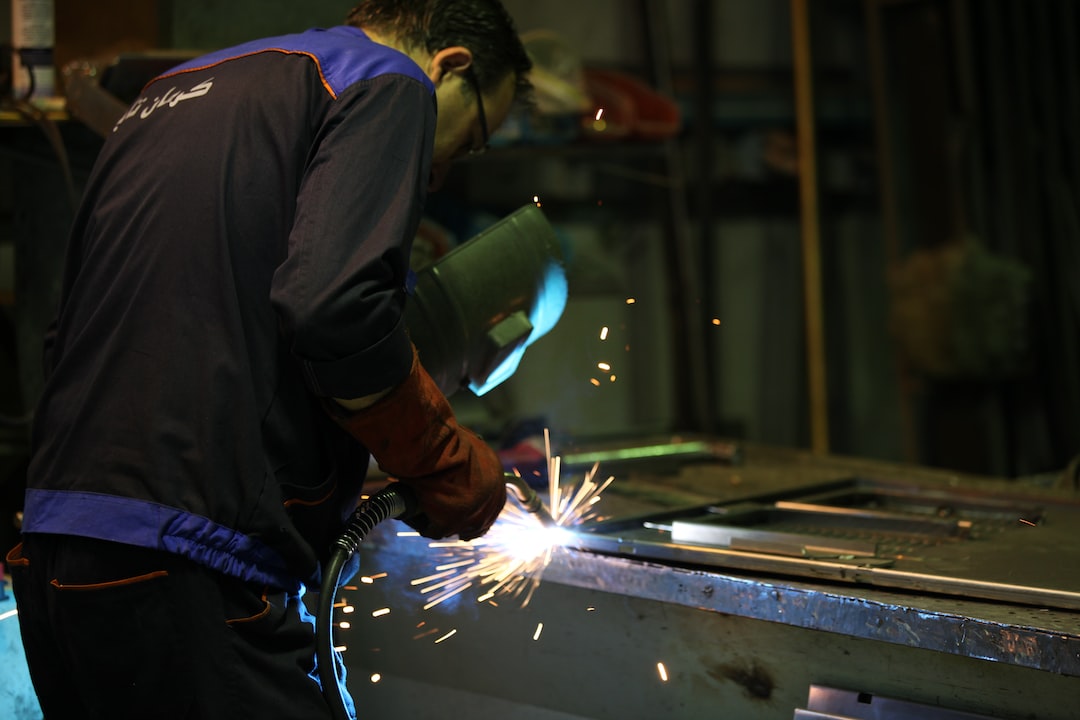The Impact of Industry 4.0 on the Future of Manufacturing
The advent of the Fourth Industrial Revolution, also known as Industry 4.0, has brought about a significant transformation in various sectors, including manufacturing. This new era of advanced technology integration is revolutionizing the entire manufacturing process, from product design to production, and even distribution. With the rise of automation, artificial intelligence (AI), and the Internet of Things (IoT), the future of manufacturing is experiencing a paradigm shift that promises increased productivity, efficiency, and sustainability.
One of the major impacts of Industry 4.0 on manufacturing is the concept of the smart factory. In a smart factory, machines and systems are interconnected and communicate with each other in real-time. This allows for a seamless flow of information and data exchange, enabling intelligent and adaptive decision-making. Through the use of AI and machine learning algorithms, manufacturers can analyze vast amounts of data to optimize production processes, detect anomalies, and predict maintenance needs. As a result, manufacturers can achieve higher levels of operational efficiency, reduced downtime, and increased product quality.
The integration of AI and machine learning into manufacturing processes has also led to the emergence of predictive maintenance. Traditional maintenance practices often involve routine check-ups and repairs, either on a fixed schedule or when a machine breaks down. However, by utilizing real-time data from sensors placed on machines, predictive maintenance can anticipate when a machine is likely to fail. This proactive approach not only reduces downtime and maintenance costs but also optimizes resource allocation and prolongs the lifespan of machinery. Manufacturers can now shift from reactive maintenance to a more cost-effective and efficient predictive maintenance strategy.
Additionally, Industry 4.0 has paved the way for the widespread adoption of additive manufacturing, commonly known as 3D printing. 3D printing technologies allow for the creation of complex geometries and customized products with minimal material wastage. This not only reduces production costs but also enables manufacturers to respond quickly to market demands. With 3D printing, companies can produce prototypes and limited production runs more economically, leading to faster product development and time-to-market. Furthermore, additive manufacturing also contributes to sustainability efforts, as it reduces carbon emissions and promotes a circular economy by recycling materials.
Moreover, the implementation of Industry 4.0 technologies is revolutionizing supply chain management. With the use of IoT and sensor technologies, manufacturers can track the movement, location, and condition of goods throughout the entire supply chain. This real-time visibility allows for better inventory management, reduced stockouts, and improved order fulfillment. Furthermore, blockchain technology is also being explored to enhance supply chain transparency and secure data exchange between multiple stakeholders. By leveraging these technologies, manufacturers can achieve greater supply chain efficiency, reduce costs, and ensure better traceability and product quality.
However, the adoption of Industry 4.0 technologies does present some challenges for manufacturers. One significant concern is the upskilling of the workforce to operate and maintain these advanced systems. With automation and AI becoming integral to manufacturing processes, workers need to acquire new skills to handle these technologies effectively. It is essential for manufacturers to invest in training programs and provide continuous support to their employees to adapt to this new digital landscape. Additionally, data security and privacy also emerge as critical issues. As more devices and machines are connected to the internet, the potential for cyber threats increases. Manufacturers need to implement stringent cybersecurity measures to safeguard their intellectual property, customer data, and sensitive manufacturing information.
In conclusion, Industry 4.0 has undoubtedly transformed the future of manufacturing. The integration of advanced technologies such as AI, automation, and IoT has led to the emergence of smart factories, predictive maintenance, additive manufacturing, and improved supply chain management. While these technological advancements bring numerous benefits, there are also challenges that manufacturers must address. By embracing and adapting to these changes, manufacturers can revolutionize their operations, achieve higher levels of efficiency and sustainability, and stay ahead in an increasingly competitive global market. The future of manufacturing lies in the successful incorporation of Industry 4.0 technologies, revolutionizing the industry in unprecedented ways.

